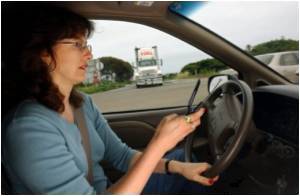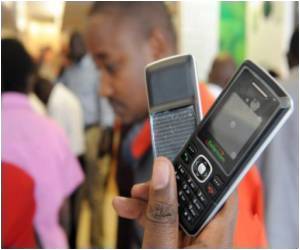
While the research is ongoing, early findings suggest that sending texts with a hands-free voice recognition system -- a feature in many new vehicles -- was more distracting than listening to the radio or conversing with passengers.
"This clearly suggests that the adoption of voice-based systems in the vehicle may have unintended consequences that adversely affect traffic safety," said the study, sponsored by the non-profit AAA Foundation.
"Just because a new technology does not take the eyes off the road does not make it safe to be used while the vehicle is in motion."
The 12 men and 20 women who participated in the study ranged in age from 18 to 33. All had clean driving records -- and all confessed to regularly using their cell phones while driving.
In a report last year, the National Safety Council estimated that 24 percent of all motor vehicle crashes in the United States involve cell phone use, despite bans in several states that are openly flaunted by many motorists.
Advertisement
"This study could hardly be considered naturalistic as it relied on young drivers in unfamiliar cars, wearing a type of helmet and driving on a defined course when compared to studies which track real drivers in real situations," it said in a statement Wednesday.
Advertisement
Source-AFP









